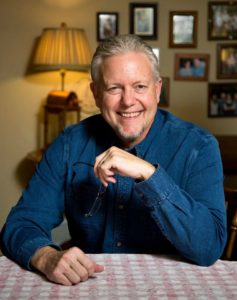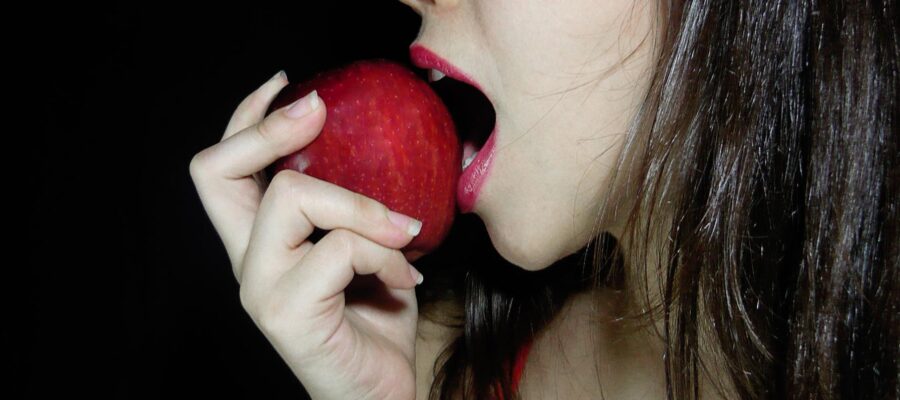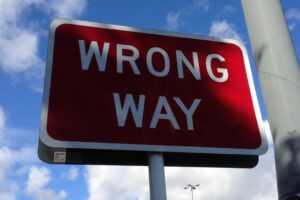“Not me! I didn’t do anything wrong!”
No one likes to admit it but everyone sins.
Why does “Sin” matter?
Watch our Truth in Two to find out (full text below).
[#8 in our series on the cultural appropriation of Hebraic-Christian words.]

Subscribe to MarkEckel.com (here). Find the MarkEckel.com YouTube Channel (here). Mark is President of The Comenius Institute (website). Dr. Eckel spends time with Christian young people in public university (1 minute video), teaching at Indiana University Purdue University at Indianapolis, and interprets culture from a Christian vantage point (1 minute video). Consider becoming a Comenius patron (here).
Picture Credit: Luke Renoe, Snappy Goat
FULL TEXT
A friend recently wrote me to say he had just finished reading the Gulag Archipelago by Alexandre Solzhenitsyn. The reading reminded him of me. I wrote back and said that it was my reading of Solzhenitsyn’s work when I was a teenager that helped form my religious and political positions today.
Alexandre Solzhenitsyn was a Russian dissident, a man who stood up to the dictatorial beliefs of the then powerful U.S.S.R. He was put in prison, a “gulag,” for his beliefs. His writings made it to The West, to free people who called for his release.
But it was Solzhenitsyn’s prison experience that led him to belief in God. “Bless you prison,” Solzhenitsyn wrote, “Thank you for being in my life.” It was behind bars that Solzhenitsyn found freedom in Christ. Receiving the Templeton Award for religion in 1983, Solzhenitsyn said that communism – where an elite group tells everyone else what to do – happened because people had forgotten God.
My spiritual life was affected by the Gulag Archipelago in another way, by another famous statement in the book. The problem of humanity cannot be overcome by some human solution, some governmental edict. Why? Solzhenitsyn said it best “The line separating good and evil passes not through states, nor between classes, nor between political parties either — but right through every human heart.”
Now here is one word our culture is loathe to appropriate. At university, professors will refer to “the human condition.” As I have said on the public campus, “We theologians just call it ‘sin’.” You see, the word “sin” indicates that there is something wrong with people. And people don’t like to admit it.
You see, I don’t believe that human government, its leaders, or programs can save us from our troubles. I believe, as did Solzhenitsyn, that the problem is in me, in my refusal to believe in God and reject my own goodness. My friend was right. I believe what I do about politics and religion, in part, because of the writings of a Russian dissident. But the Bible says it best, “There is none righteous, no, not one.” For Truth in Two, this is Dr. Mark Eckel, president of the Comenius Institute, personally seeking Truth because I know truth is not in me.


